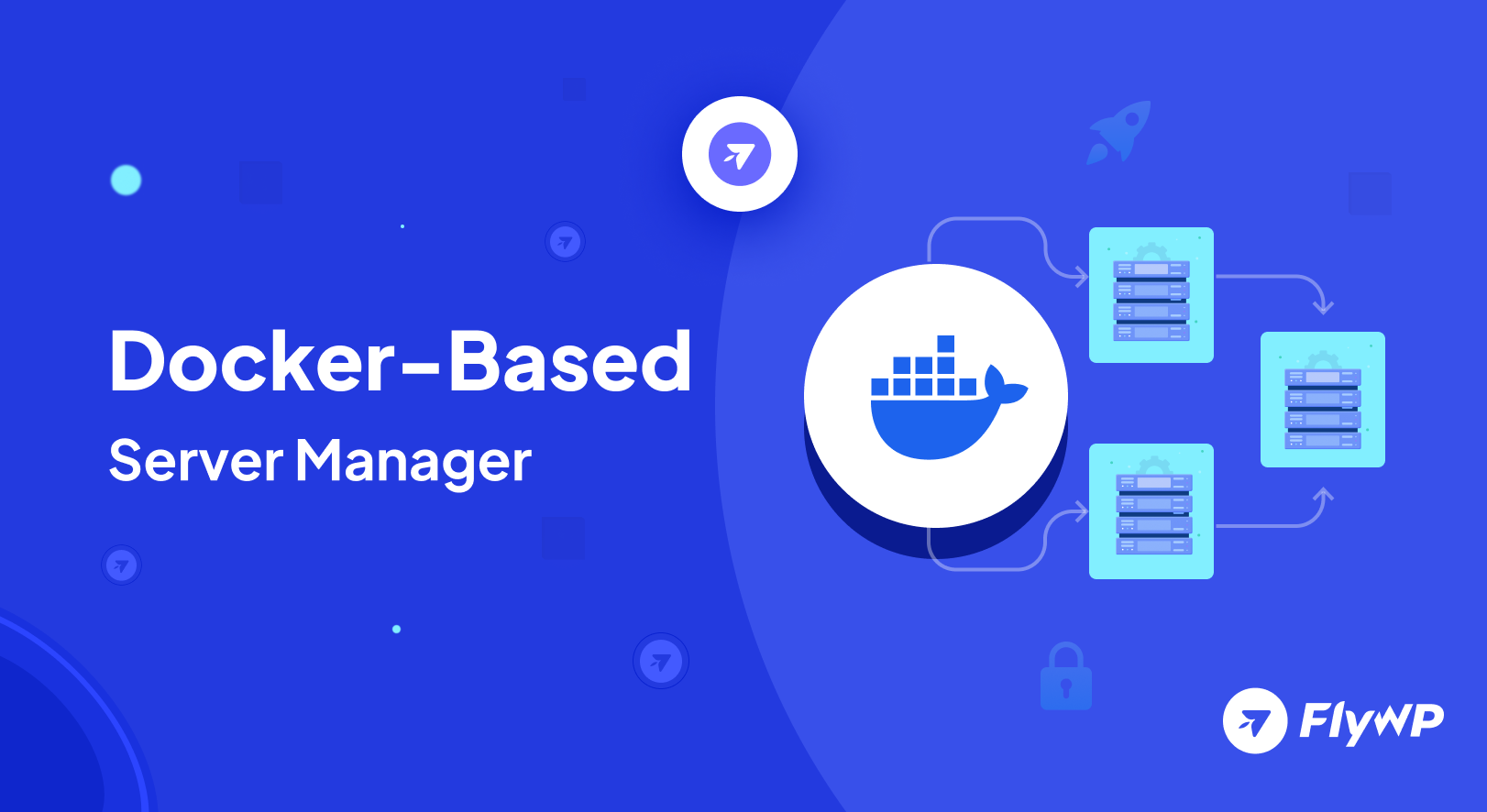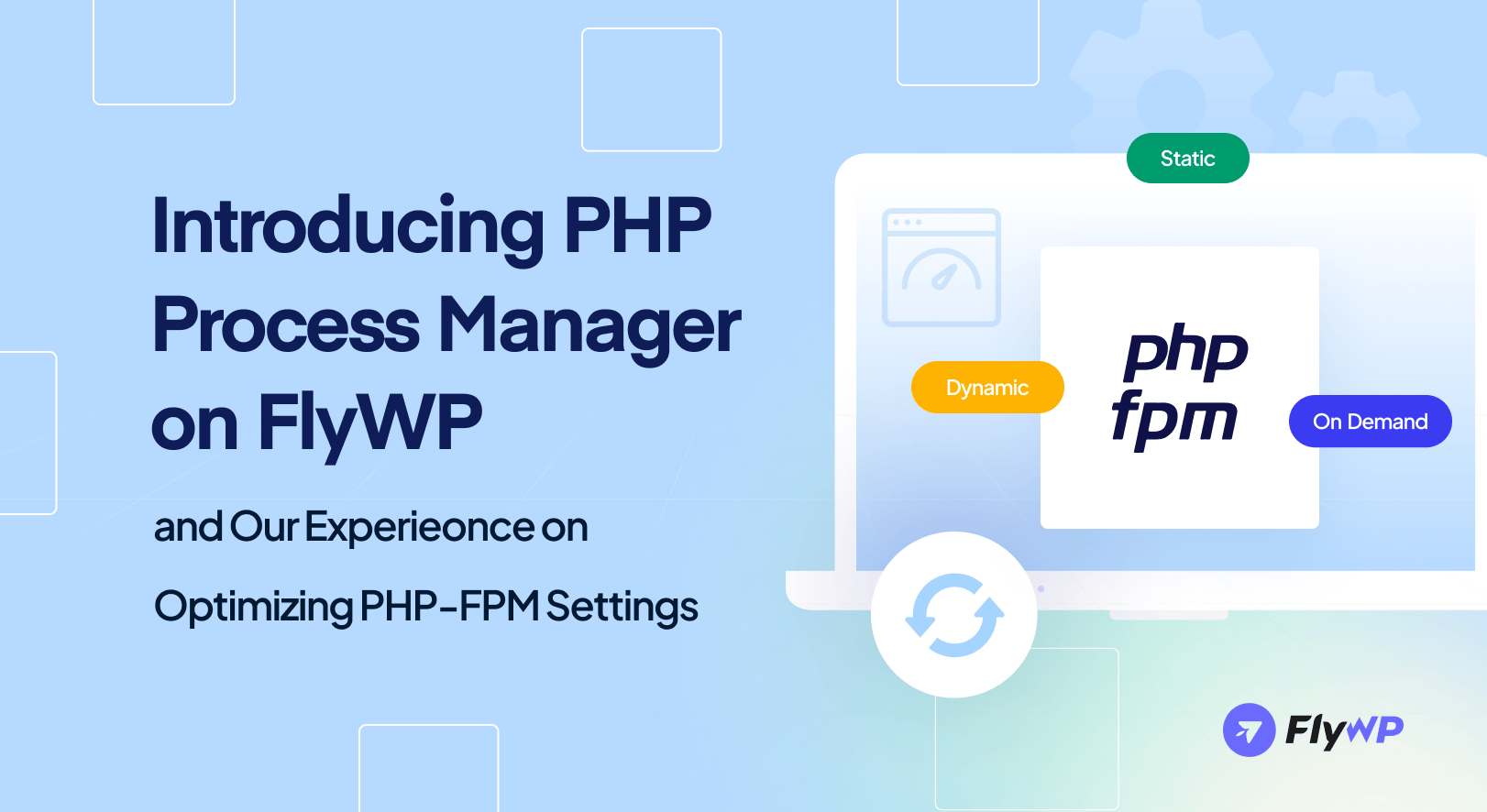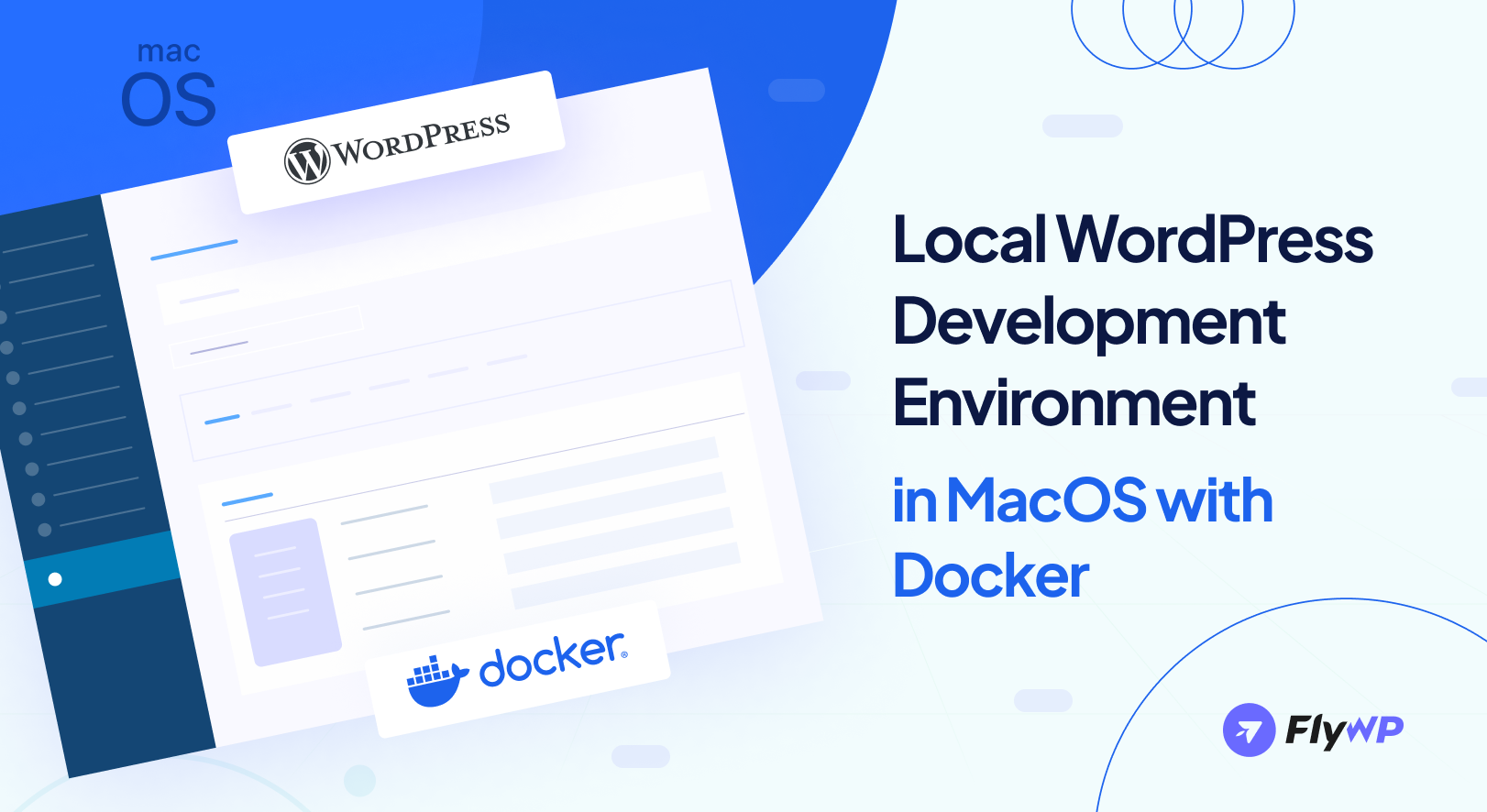Are you looking for a secure server management platform? A Docker-based server management system offers just that!! It offers several benefits, making it a popular choice for many users. Docker is an open platform that is designed for safety and security, perfect for creating, sending, and running your applications. If you need a reliable platform for your applications, Docker is the ideal choice.
It’s a tool that allows you to separate your applications from your infrastructure, streamlining software delivery. Docker simplifies the management of your infrastructure in the same way you manage your applications. The ability to provide streamlined, effective, and isolated environments for applications—known as containers—marks the best server management using Docker.
This container works in a separate space, making it easy to run the application anywhere. This approach enhances security, scalability, and portability, allowing applications to run consistently across different environments.
Docker-based server management simplifies the deployment process, reduces conflicts between running applications, and optimizes resource use, making it an ideal choice for modern, agile software development and deployment practices.
Now, let’s be clear based on the best server management that you need:
- What is a Docker?
- How does it work?
- What is a Docker-based container?
What is a Docker?

Let’s talk about Docker! It is an impressive tool that lets you bundle up your application with all the parts it needs, like libraries and other dependencies, into a container package.
Docker is a powerful tool that wraps your application and its environment into a single container, ensuring that it works seamlessly across any system. This containerization approach isolates your app, making it incredibly portable and easy to deploy.
How does it work?
Docker enables you to package your application and its dependencies into a standardized unit known as a container. These containers ensure that your application runs consistently across various environments, offering a reliable and isolated environment. With Docker, you can effortlessly maintain the predictability and consistency of your application’s performance.
Imagine moving your app from your local development machine to a production server without any issues—Docker makes this possible. By encapsulating the app and its dependencies in containers, Docker eliminates compatibility problems and streamlines the development to the deployment pipeline.
This efficiency boosts productivity, reduces setup times, and minimizes conflicts between teams working on different aspects of the same project. Docker’s simplicity and flexibility make it a favored choice for developers looking to enhance their workflow and ensure their applications run smoothly, regardless of where they are deployed.
Importance of Docker
The importance of Docker lies in its ability to make software development more efficient, secure, and portable.
- Docker boosts software development efficiency, allowing for faster updates and deployments.
- It enhances security by isolating applications in containers, reducing risk.
- Docker ensures applications run the same way on any platform, enhancing portability.
- By minimizing compatibility issues, Docker streamlines testing and deployment processes.
- It reduces costs by using resources more efficiently and cutting down on the need for extra hardware.
- Docker supports innovation by making it easier to try new technologies and tools within containers.
- Simplifies application lifecycle management, from development through production.
How does Docker differ from virtual machines?
Docker stands out with its architecture, resource efficiency, and isolation capabilities compared to virtual machines, offering a streamlined and powerful solution for deploying and scaling applications effectively.
Docker and virtual machines are different in several key ways:
- Architecture: Docker uses containerization, sharing the host system’s kernel. VMs include a full guest operating system.
- Performance: Docker has less overhead, offering faster startup times than VMs.
- Isolation: VMs provide complete isolation with separate OS instances, while Docker uses lightweight namespaces and cgroups.
- Resource Efficiency: Docker containers are more resource-efficient, allowing more containers on a system than VMs.
- Portability: Docker containers are easily portable across different systems, while VMs are less so due to their size.
What is a Docker-based container?
A Docker-based container is a lightweight, standalone package that includes everything your application needs to run perfectly. Think of it as a mini-computer inside your computer that has its little environment—software, libraries, code, and runtime.
This setup allows your app to work the same way, everywhere, whether it’s on your laptop or a cloud server. Containers make sure your application can be quickly launched, scaled, and managed without fuss, making developers’ lives much easier and their workflows more efficient.
It runs on the Docker Desktop environment and offers an isolated environment for code with no knowledge of the operating system or files. Docker containers are highly portable, allowing workloads to run in various environments.
What are the benefits of using Docker-based containers?
Docker-based containers streamline your app development and deployment, enhancing efficiency.
- They allow apps to run consistently across different environments, ensuring reliability.
- By isolating apps, they enhance security and reduce the risk of cross-contamination.
- Containers use system resources more efficiently, leading to cost savings.
- Simplify the management and scaling of applications, making updates easier.
- Ensure the development environment matches production, reducing deployment issues.
- Speed up deployment times, allowing for faster delivery of features and fixes.
What is a Docker-based server?
A Docker-based server is a powerful tool that hosts Docker containers. It’s like a special space where your applications live in their own little boxes (containers), so they can run smoothly and securely. These servers make sure your apps work well together and can easily move from one computing environment to another.
Docker-based server management
In Docker-Based Server Management, we will find a solution that brings both simplicity and power to application deployment:
- It wraps applications in containers, making them portable and consistent across any environment.
- Docker boosts security by isolating these applications, minimizing risks.
- It’s known for resource efficiency, allowing more applications to run on the same hardware.
- Flexibility shines with Docker, as it easily adapts and scales with your needs.
Docker ultimately streamlines server management, making it an efficient, secure, and scalable choice for our modern development needs.
Why is Docker beneficial for server management?
Docker is a game-changer in server management. It transforms server management by packaging applications into containers, providing unparalleled efficiency and adaptability.
Here’s why Docker is a standout choice:
- Seamless Environment Consistency: It guarantees your application behaves consistently across all environments, eliminating common development frustrations.
- Enhanced Deployment Speed: Launch new containers swiftly, accelerating both development cycles and production deployments.
- Optimized Resource Use: Docker’s lightweight nature means it consumes fewer resources than traditional VMs, allowing for more efficient use of your hardware.
- Robust Isolation: Each container operates independently, enhancing security and minimizing software conflicts.
- Flexible Scalability: Docker simplifies scaling applications up or down based on demand with its container orchestration.
Docker not only simplifies the development-to-deployment lifecycle but also makes server management more effective and less cumbersome.
Whether managing a handful of containers or thousands, Docker’s technology ensures that server management is more accessible, secure, and scalable, making it an indispensable tool for today’s server administrators.
FlyWP: A Docker-based server management tool
Let’s introduce FlyWP as a platform that leverages Docker for efficient, secure server management, specifically designed for WordPress sites.
You can also check the article, Your Comprehensive Server Management Solution for WordPress
Here, We highlight all the key features of FlyWP, as a Docker-based server management tool:
- Extensive server compatibility: FlyWP supports a wide range of servers, including DigitalOcean, Google Cloud, AWS EC2, Vultr, and custom servers.
- WordPress optimization: It is highly optimized for WordPress, ensuring the optimal performance of your site even during a spike in traffic.
- User-friendly solution: It provides a centralized dashboard to handle your domains, SSL certificates, email accounts, DNS settings, and databases, making it a user-friendly solution.
- Reliable uptime: It promises minimal downtime, keeping your website accessible around the clock.
- Continuous operation guarantee: FlyWP guarantees continuous, smooth operation of your website, minimizing downtime and maximizing accessibility.
These features make FlyWP a versatile and efficient tool for managing WordPress sites across different server environments. It is an indispensable tool for webmasters seeking optimal performance and ease of management.
How does FlyWP compare to other server management tools?
FlyWP stands out from other server management tools due to:
- Its exceptional flexibility, compatibility with various servers such as DigitalOcean, AWS, Google Cloud, Vultr, and custom servers, and its optimization for WordPress.
- It offers developer-friendly features, centralized management, and a user-friendly interface, making it a suitable choice for both seasoned developers and beginners.
- FlyWP provides 24/7 customer support.
- It provides automatic speed optimization, daily backups, a built-in malware scanner, and a staging site feature for risk-free experimentation.
- The tool also ensures optimal performance during spikes in traffic and automatically adjusts server resources to balance sudden increases in loads and demands.
- FlyWP offers a free SSL certificate to each website and a 14-day trial for users to explore its features.
Overall, FlyWP is positioned as a comprehensive and user-friendly server management solution, designed to simplify the complexities of any user. Its server management enhances the WordPress experience.
How FlyWP manages your servers securely

FlyWP leverages Docker-based technology to provide secure, efficient server management for WordPress sites, ensuring your digital presence is both robust and reliable.
If you want to know how to set up your WordPress staging site with FlyWP you can check out this and follow the instructions step by step.
It manages servers securely through various features and follows practices that you love.
#Automatic security measures
- FlyWP integrates an automatic 7G firewall for enhanced protection and real-time threat detection.
- It isolates each website in its secure environment using Docker, shielding them from potential risks.
- The platform offers free SSL certificates for every new site created, ensuring encrypted connections.
#Compatibility and support
- FlyWP is fully compatible with various web servers, including Amazon EC2, Google Cloud, Vultr, Digital Ocean, and Akamai.
- It provides a centralized dashboard to handle domains, SSL certificates, email accounts, DNS settings, and databases that we have already mentioned earlier
- The platform automatically adjusts server resources to balance sudden spikes in loads and demands.
#Developer-friendly approach
- FlyWP is designed to be developer-friendly, offering tools for efficient debugging and problem-solving
#Environment isolation
- Utilizes Docker containers to isolate environments, reducing vulnerability.
#Regular security updates
- It automatically updates WordPress to the latest version, maintaining high security.
#Backup and recovery
- Offers scheduled backups and easy recovery options, safeguarding your data.
#Cloudflare integration
- Enhances security and performance through Cloudflare’s CDN and web protection services.
Conclusion
We wrap up by reiterating the importance of Docker in modern server management. We hope this article has illuminated your path, offering insights and actionable steps to harness the power of Docker-based server management with FlyWP.
As you venture forward, remember that the journey to optimized server management is ongoing. Stay curious, keep experimenting, and never hesitate to seek support or further information to keep yourself one step ahead. Your digital infrastructure is the backbone of your online presence; nurturing it with the right tools and knowledge can lead to remarkable growth and success.
Here’s to secure, efficient, and scalable server management with FlyWP!!
Some common FAQs on FlyWP
01. Is FlyWP free to access?
FlyWP offers a 14-day free trial, after which you must upgrade to a premium plan.
02. Do I need technical knowledge or any prior knowledge to use FlyWP?
With just a basic technical knowledge, you can use FlyWP, an incredibly user-friendly tool. As a newbie, you’re welcomed with a 14-day free trial, giving you ample time to explore everything you need without any cost.
Its design focuses on simplicity and intuitiveness, featuring a centralized dashboard that makes managing all your site’s essentials a breeze.
So, sign up and enjoy the seamless experience FlyWP provides!
03. What sets FlyWP apart from other server management tools?
FlyWP stands out for its versatile support of different servers, top-notch WordPress optimization, developer-friendly features, and centralized management.
04. How does FlyWP ensure server security?
FlyWP uses Docker containers to isolate your WordPress site, providing an extra layer of security by separating it from other sites and potential vulnerabilities on the same server.
05. Can FlyWP handle high-traffic sites?
Absolutely! FlyWP optimizes servers for WordPress, ensuring they can handle spikes in traffic smoothly. Its use of cloud infrastructure and caching techniques helps distribute and manage your website traffic effectively.
06. Is FlyWP suitable for beginners?
Definitely! FlyWP is designed with a user-friendly interface, making server management accessible for users with all levels of technical expertise. Plus, all newcomers get a 14-day free trial, which allows you to explore its features without a commitment.
07. What kind of support does FlyWP offer?
FlyWP provides robust support through various channels, including live chat and email. They have a dedicated team ready to assist you with 24/7 support with any server management questions or issues you might encounter.
08. Does FlyWP offer backups?
Yes! FlyWP includes automated backup solutions, ensuring your data is safe and can be easily restored in case of any issues. This feature adds an extra layer of security and peace of mind to your website.


